Experts speaking at the annual Stahltag conference in Frankfurt on the future of Germany's steel-consuming industries noted that the US elections and tensions in the Middle East could have a negative impact on both investment decisions and energy markets. These issues, which were also highlighted in a presentation by retired IKB bank analyst Jürgen Büchner, suggest that risks to Germany's industrial production and steel demand could increase.
The impact of the US elections on the economy...
The presidential elections in the US are expected to lead to a slowdown in investment decisions. Especially for Germany's export-oriented industrial sector, the US market is of critical importance. According to Büchner, these uncertainties could bring industrial investments in the US to a standstill. Pointing out that political transitions during previous election periods caused serious fluctuations in the markets, Büchner stated that Germany's exports to the US could be significantly damaged in this process. The US is an important and stable market for Germany's export-oriented sectors such as mechanical engineering and plant manufacturing. It is warned that if the election process is painful, this market may also shrink.
Increasing tensions in the Middle East and their impact on energy markets...
The prospects of war in the Middle East and Iran's potential role in energy markets could lead to volatility in oil and natural gas prices. It is estimated that Iran's return to global energy markets could increase oil prices by at least USD 10 per barrel. While Europe relies heavily on liquefied natural gas (LNG) imports to meet its energy needs, geopolitical tensions in the Middle East could cause disruptions in energy supply chains and cost increases. As war conditions increase the likelihood of blockades of sea lanes, Europe may need to develop new strategies for energy security.
Germany's energy dilemma: Rising prices and LNG imports
Germany's energy prices have risen significantly, especially in the aftermath of the Ukraine war. Electricity prices have been on a downward trend since their peak in early 2023, but have recently started to increase again. Büchner emphasizes that prices are now approaching EUR 100/MWh. This increases the pressure of energy costs on the industry in Germany and becomes a serious cost factor for producers.
On the positive side, Germany is rapidly developing its LNG infrastructure. The country has made rapid strides in building LNG terminals to increase its energy security and become independent from Russia. This may increase Germany's resilience to the energy crisis, but the impact of high energy costs on industrial production remains uncertain.
Political uncertainties in the US and geopolitical risks in the Middle East are likely to continue to weigh on Germany's steel consuming industries and industrial production in general. In particular, increasing energy costs and uncertainty in global markets will put further strain on Germany's industrial producers, while exports from the country's mechanical engineering and plant manufacturers are likely to slow down. Although Germany is rapidly moving towards energy independence, it remains vulnerable to changes in global markets.


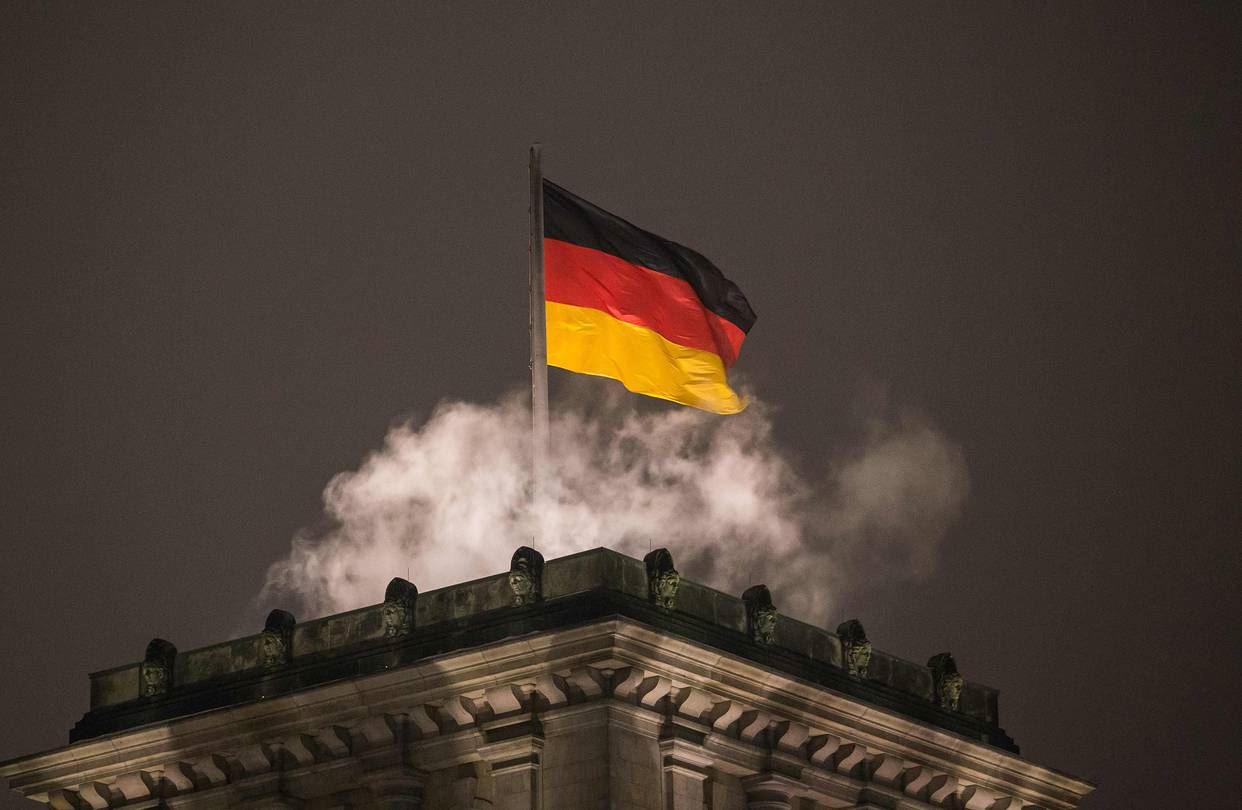


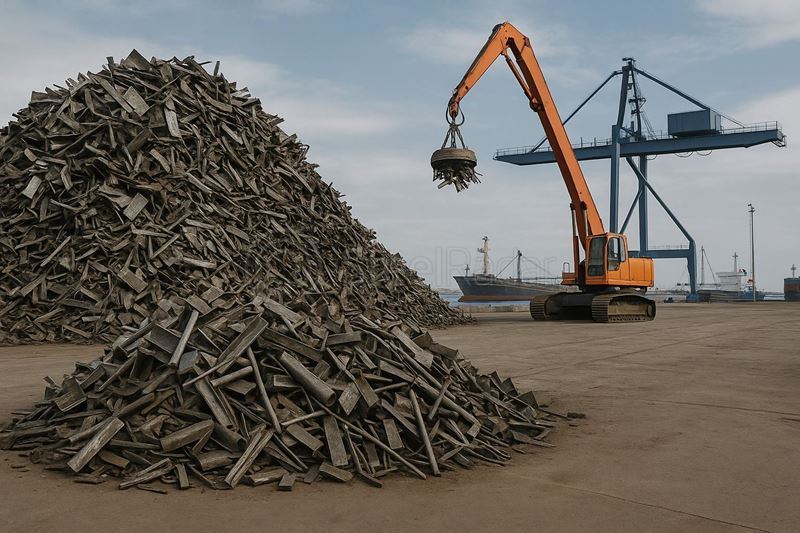
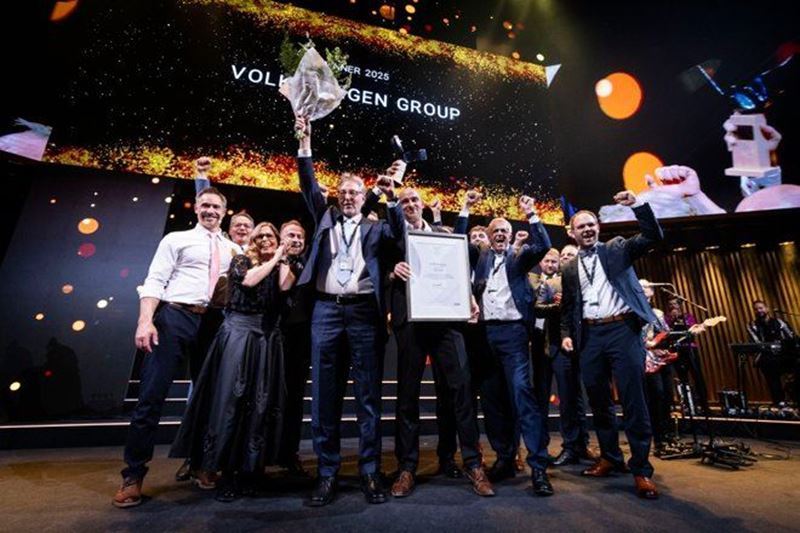
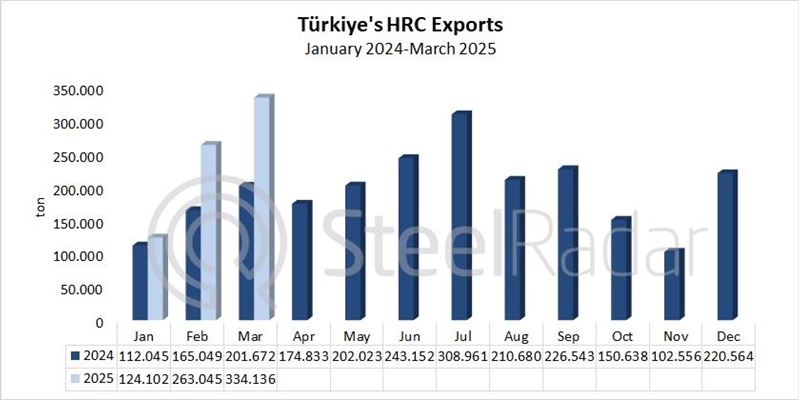
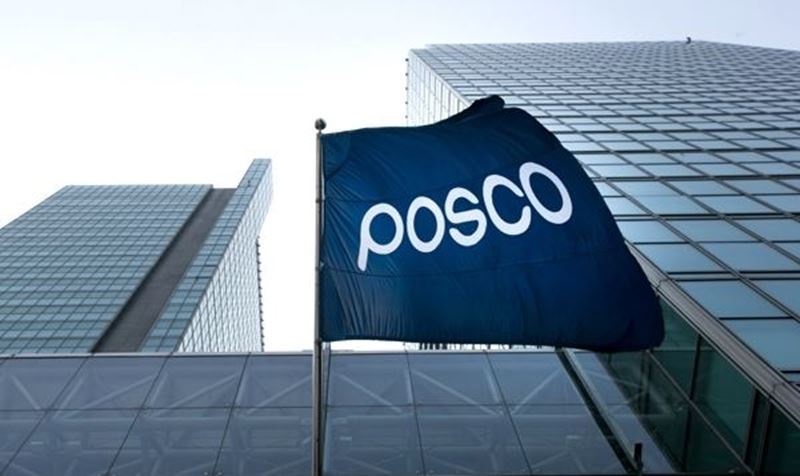


Comments
No comment yet.